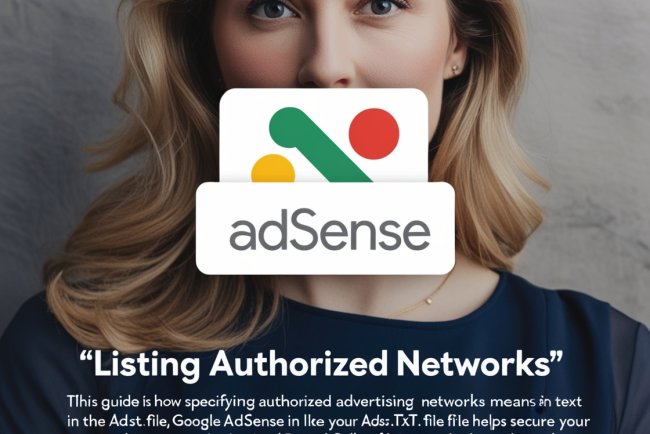Monetizing TikTok Live Recordings on YouTube: A Complete Guide
Discover how to monetize TikTok live recordings on YouTube by following these essential guidelines to ensure compliance and maximize earnings.
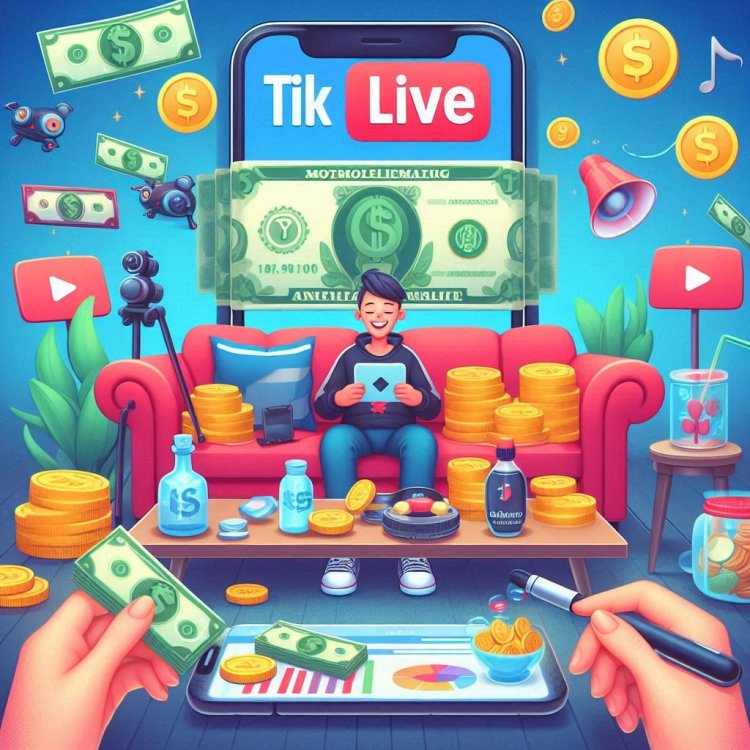
Table of Contents
- Introduction
- Understanding Content Ownership
- Copyright Compliance and Fair Use
- YouTube Monetization Requirements
- Localization: Targeting the Egyptian Audience
- Tips for Building a Sustainable YouTube Channel
- Conclusion
- FAQs
Introduction
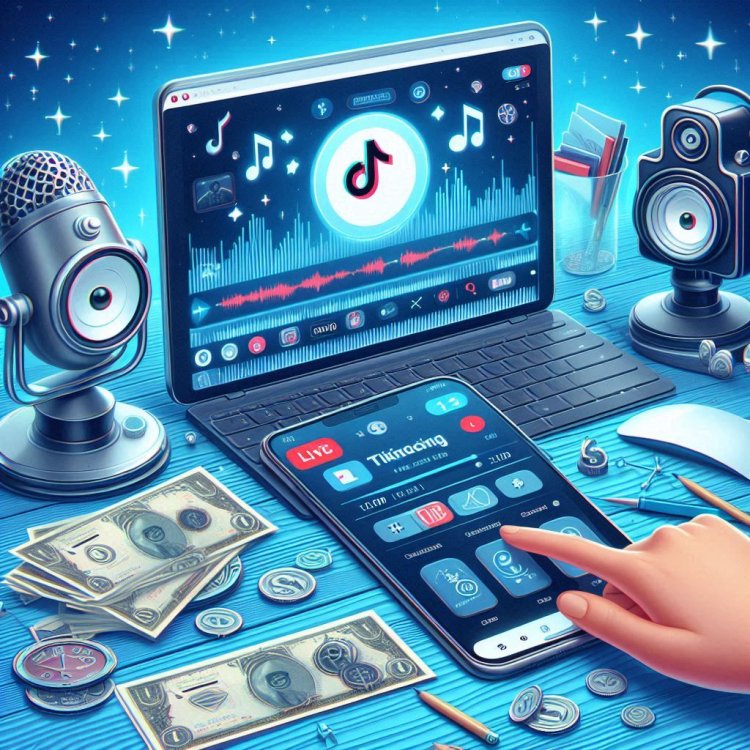
Monetizing content on YouTube is a great way to generate income, especially if you're repurposing popular content like TikTok live streams. However, before you can start earning through YouTube AdSense, it's crucial to understand the platform’s rules around content ownership, copyright, and monetization. This guide will walk you through the necessary steps to ensure your TikTok live recordings qualify for monetization on YouTube, with a special focus on Egyptian content creators.
Understanding Content Ownership
When it comes to content ownership, the creator who originally produces the content holds the rights to it. If you're considering recording TikTok live streams and uploading them to YouTube, you need to ensure that:
-
You Own the Content: If you're the one hosting the TikTok live stream, you automatically own the rights to the content. This ownership allows you to upload and monetize it on YouTube.
-
You Have Permission: If the TikTok live stream belongs to someone else, you must obtain explicit permission from the original creator to use and monetize their content. Without this, you risk copyright strikes and potential legal issues.
-
Originality: YouTube emphasizes original content. Even if you have permission to use someone else’s content, you should aim to add unique elements or commentary to make the content more engaging and compliant with YouTube's policies.
Copyright Compliance and Fair Use
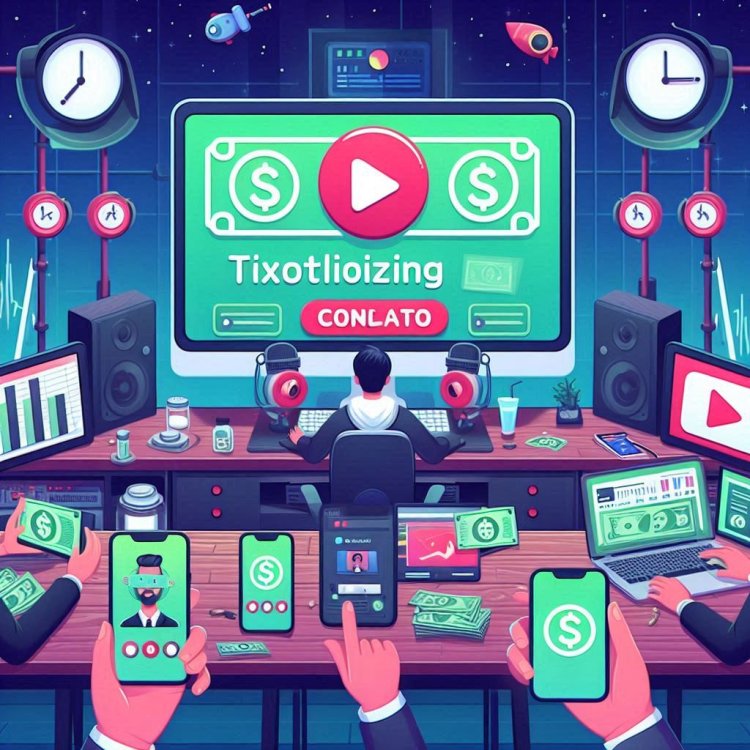
Copyright Compliance
YouTube's strict copyright policies mean that any content uploaded to the platform must either be owned by the uploader or properly licensed. For TikTok live streams, this means:
-
Blocking Copyrighted Music: If the live stream contains copyrighted music, you'll need to either block it or remove it before uploading to YouTube. Failure to do so can result in copyright claims that may lead to demonetization or video takedown.
-
Avoiding Copyrighted Media: Any other copyrighted media, such as video clips or images, should be avoided unless you have the appropriate rights to use them.
Fair Use
Fair use is a legal doctrine that allows limited use of copyrighted material without needing permission, primarily for purposes such as commentary, criticism, or education. However, relying on fair use can be tricky:
-
Purpose and Character: Your content must add new expression or meaning, such as providing commentary or critique, rather than simply copying the original material.
-
Amount Used: The less you use of the original work, the more likely your use will be considered fair. However, this is not a guarantee, especially on YouTube.
-
Market Impact: If your use of the content could impact the market for the original work, it’s less likely to be considered fair use.
YouTube Monetization Requirements
To monetize your YouTube channel through AdSense, there are specific eligibility requirements:
-
1,000 Subscribers: Your channel needs at least 1,000 subscribers to be eligible for monetization.
-
4,000 Watch Hours: You must accumulate 4,000 valid public watch hours within the last 12 months.
-
Compliance with Policies: Your content must comply with YouTube's Community Guidelines and AdSense policies, including rules against reusing content without significant changes or additions.
-
Content Type: While shorter videos can be monetized through YouTube Shorts, for full AdSense monetization, longer videos with higher engagement typically perform better.
Localization: Targeting the Local Audience

For content creators in Egypt, or those targeting an Egyptian audience, localization can play a key role in your YouTube success:
-
Regional Relevance: Tailor your content to resonate with local viewers by addressing topics, trends, and interests relevant to the Egyptian audience.
-
Ad Revenue: Ad revenue varies by region, so while you can monetize content globally, the earnings might differ based on the geographic location of your audience.
-
Cultural Sensitivity: Ensure that your content respects cultural norms and adheres to YouTube’s policies on sensitive content, as violations can lead to demonetization or content removal.
Tips for Building a Sustainable YouTube Channel
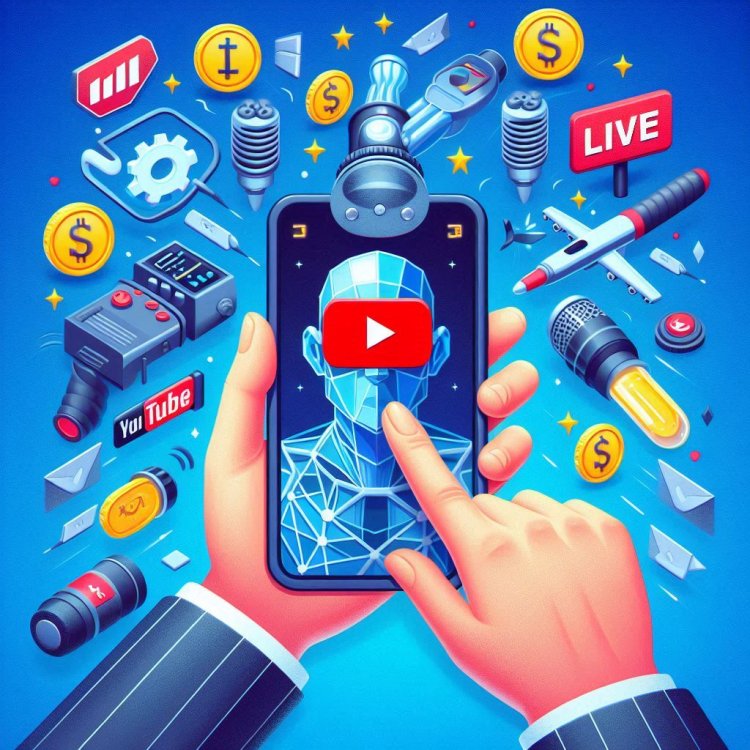
Consistency in Content Creation
To build a sustainable and monetizable YouTube channel, consistency is key. Regularly upload high-quality, original content that aligns with your audience’s interests. Engage with your viewers through comments and community posts to build a loyal following.
Engagement and Retention
Focus on creating content that not only attracts views but also retains audience attention. Higher engagement levels, such as likes, shares, and comments, can improve your channel’s performance in YouTube’s algorithm, leading to increased visibility and monetization potential.
Diversification
Consider diversifying your content by including a mix of formats such as tutorials, reviews, or live commentary. This approach can attract a broader audience and increase your chances of meeting YouTube’s monetization criteria.
Conclusion
Recording and uploading TikTok live streams for a local audience can indeed qualify for YouTube AdSense monetization, provided you adhere to the platform’s content ownership, copyright, and monetization rules. By focusing on originality, compliance, and audience engagement, you can create a successful and sustainable YouTube channel.Yes, recording and uploading a TikTok live for a locals audience can qualify for YouTube AdSense, provided you own the content, adhere to copyright laws, and meet YouTube's monetization requirements. It’s essential to focus on creating or curating content that is original, engaging, and compliant with YouTube's policies to succeed in monetization.
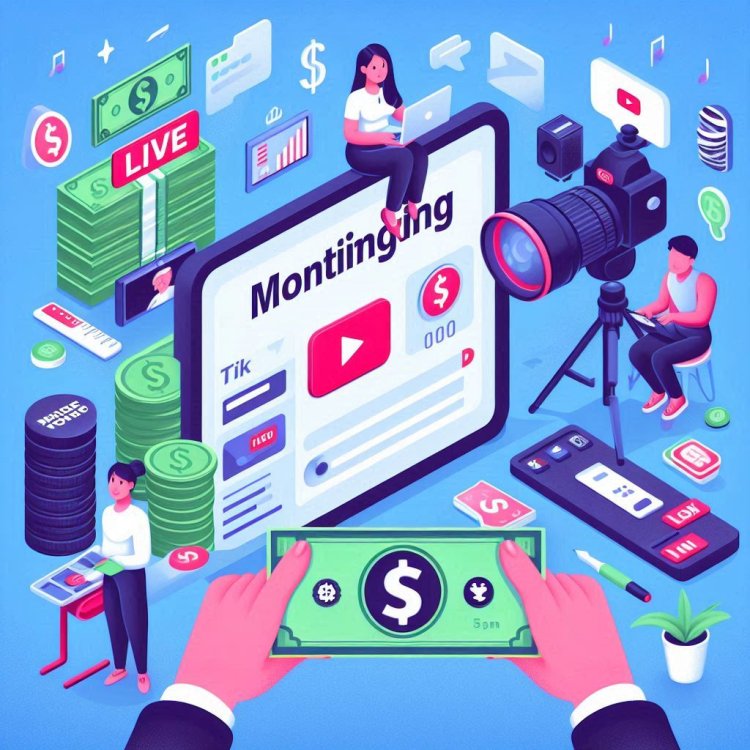
FAQs
1. Can I monetize content that I don't own on YouTube?
No, you need to own the content or have explicit permission to monetize it on YouTube.
2. What happens if I use copyrighted music in my video?
Using copyrighted music can lead to copyright claims, which may result in demonetization, video removal, or a copyright strike on your channel.
3. How can I increase my chances of monetization on YouTube?
Focus on creating original, engaging content that meets YouTube’s monetization requirements, and consistently upload to build a strong audience base.
For more tips and guidance on creating and monetizing content, visit our YouTube monetization guide and explore other content creation strategies.
What's Your Reaction?








